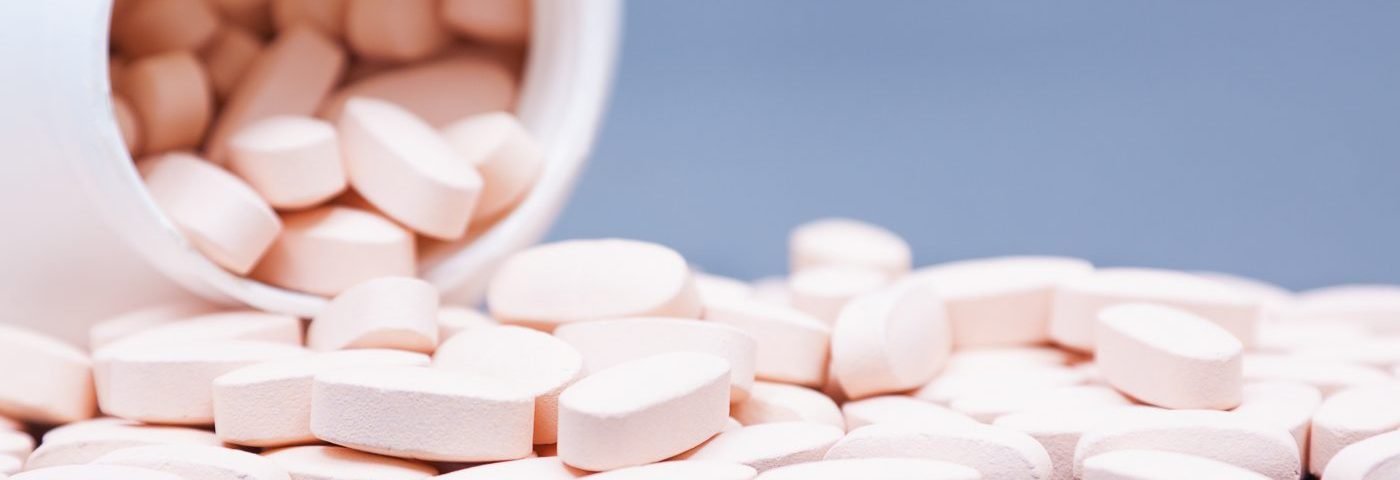A combined treatment for hepatitis C based on sofosbuvir and velpatasvir (brand name Epclusa) is among the additions to the World Health Organization (WHO) Model List of Essential Medicines (EML) for 2017.
Velpatasvir is an antiviral drug that inhibits a viral protein called NS5A. This drug prevents the replication of the virus and the assembly of new virus particles. Sofosbuvir, which already was included in the previous EML, targets another protein in the hepatitis C virus (HCV), the HCV NS5B polymerase, which also is essential for viral replication.
Several clinical trials showed that the combined therapy is efficient and well-tolerated by HCV patients. In addition, Epclusa is able to treat all six types of hepatitis C.
Based on these data, the WHO considered Epclusa a valuable treatment and included it on the WHO’s EML. This list will guide governmental decisions to increase the availability of Epclusa to hepatitis C patients.
“Safe and effective medicines are an essential part of any health system,” Marie-Paule Kieny, WHO assistant director-general for Health Systems and Innovation, said in a news release. “Making sure all people can access the medicines they need, when and where they need them, is vital to countries’ progress towards universal health coverage.”
WHO also updated the recommendations of the list concerning the use of antibiotics and medications against HIV, tuberculosis, and leukemia.
The new EML, which includes 433 drugs, adds 30 medicines for adults and 25 for children and specifies new uses for nine already-listed products.
The use of antibiotics is a serious concern for the WHO. On this new list, it provides recommendations to make available antibiotics when needed, but also to prescribe the right antibiotic for each infection. The goal is to prevent the development of antimicrobial resistance, while making the best use of the antibiotics.
“The rise in antibiotic resistance stems from how we are using – and misusing – these medicines,” said Suzanne Hill, director of Essential Medicines and Health Products. “The new WHO list should help health system planners and prescribers ensure people who need antibiotics have access to them, and ensure they get the right one, so that the problem of resistance doesn’t get worse.”
The WHO’s EML is used by many countries to increase access to medicines and guide decisions about which products they ensure are available for their populations.

